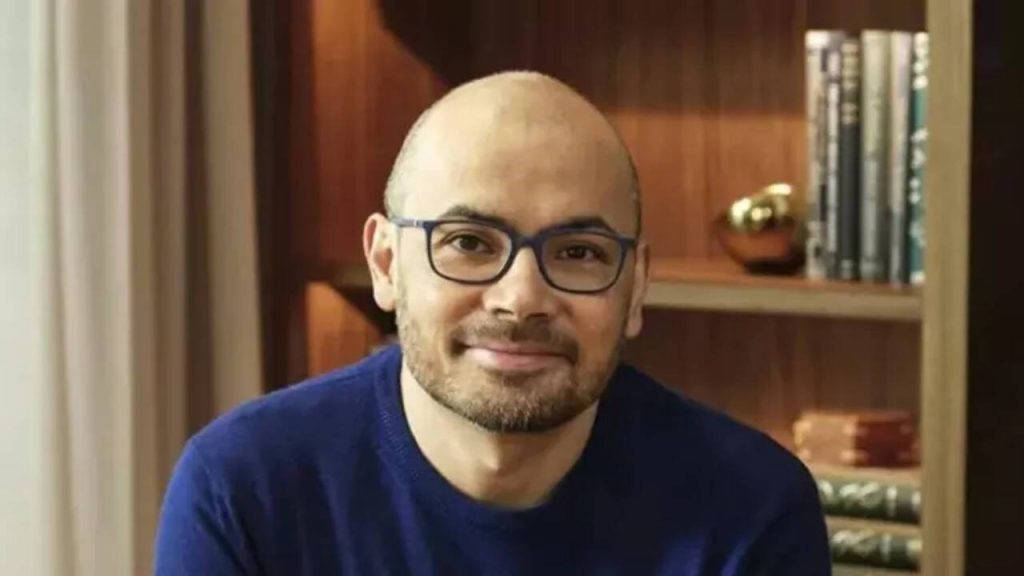Hassabis, who leads Google’s AI initiatives including the Gemini chatbot, advised young people, particularly college students, to “immerse” themselves in AI technologies and become proficient in using cutting-edge tools. “Whatever happens with these AI tools, you’ll be better off understanding how they work and what you can do with them,” he said, urging students to focus on “learning to learn” to stay adaptable in a rapidly changing technological landscape.
What Google DeepMind CEO told University of Cambridge students
In an earlier interview at the University of Cambridge, where Hassabis graduated, he shared similar advice with students, emphasizing adaptability as a critical skill. Responding to questions submitted by undergraduates, he encouraged them to understand their learning styles and develop the ability to quickly master new material. “The world you’re entering will face an incredible amount of disruption and change,” he told students during a March discussion with Professor Alastair Beresford at Queens’ College, Cambridge.
Hassabis highlighted emerging fields like AI, virtual reality (VR), augmented reality (AR), and quantum computing as promising industries over the next decade. He noted that technological shifts historically disrupt some jobs but create others that are often more interesting and valuable, as discussed on the “Hard Fork” podcast with hosts Kevin Roose and Casey Newton.
The generative AI race, sparked by OpenAI’s ChatGPT release in 2022, has fueled rapid advancements, raising both excitement and concerns about its impact on society. Hassabis stressed that students should combine their passions with core skills to seize opportunities in this evolving landscape. “Anytime there is change, there is also huge opportunity,” he said, encouraging graduates to blend deep knowledge of their interests with adaptability to thrive in an AI-driven future.
“Over the next 5 to 10 years, I think we’re going to find what normally happens with big new technology shifts, which is that some jobs get disrupted,” he recently told co-hosts Kevin Roose and Casey Newton on an episode of “Hard Fork,” a podcast about the future of technology. However, he said, “new, more valuable, usually more interesting jobs get created” in the wake of that kind of disruption.
AI Masterclass for Students. Upskill Young Ones Today!– Join Now

